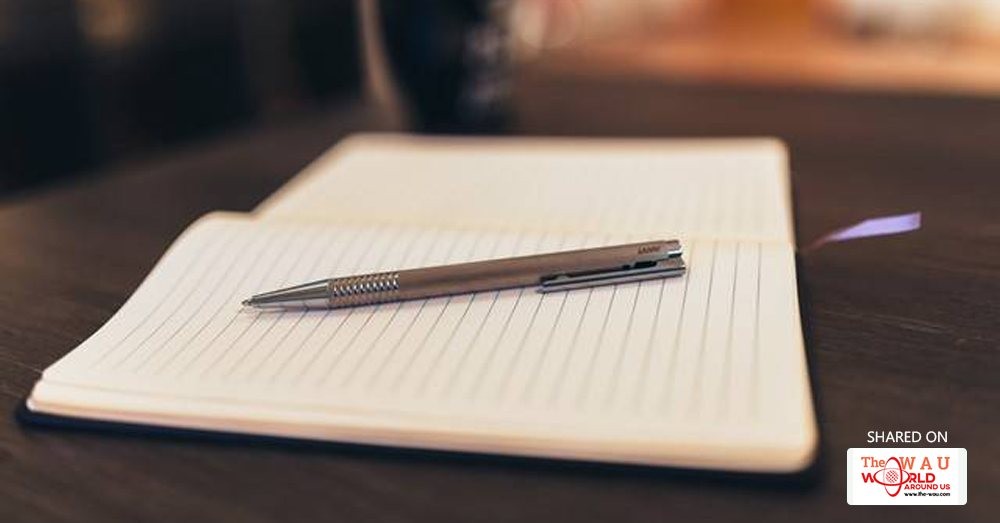Note taking is an essential part of learning. However, it is something only a few treat it with the right amount of seriousness. Most of the students end up transcribing lectures or copying lines from textbooks. "Good note-taking practices can lead to efficient study practices, better course outcomes, and improved retention of content beyond a course's conclusion", points out Michael C. Friedman, of Harvard University.
Cognitive side of note taking
One of the key elements leading to poor study habits is the misperception that we know lecture content better than you actually do. According to Friedman, many mental processes occur simultaneously during the act of note-taking. The student or the learner has to pay attention to the lecture, understand the material, and then have to identify what is important in order to write down in their notes. All while when the learner has to coordinate the physical writing or typing of their notes. And in most cases, all of this has to happen under severe time pressure.
According to cognitive science, note taking depends on a part of our memory called the working memory or the WM. WM is responsible for both short-term storage and the mental transformation of information, as pointed out in Alan Baddeley's 2000 paper. With regard to note-taking, WM is used for both understanding the content, identifying the important information and in the production of physically generated notes.
Benefits of note taking
Effective learning occurs during production of the notes, as well as when they are reviewed since this will allow the learner to make connections between ideas and engage in deep processing. According to Kenneth Kiewra's research, the act of note-taking also assists the learner in generating and semantically processing information in addition to facilitating and strengthening the internal connections between ideas.
Essentially this means, that note taking helps the learner think about course content in such a way to better understand it upon later review. So, now that it is clear about the benefits of note taking, here are few things every student must definitely follow when it comes to note taking:
Always take your own note
Research conducted by Kenneth Kiewra and colleagues found that reviewing self-produce notes actually lead to better recall than reviewing or learning from another student's notes or downloadable notes. So avoid sleeping during lectures and copying your friends' notes next day. Additionally, study guides, cliff notes, and downloadable notes are useful to an extent, especially for mugging up the content. But in long run, they will do more harm and help.
Do not transcribe
Additionally, researcher Dung Bui found that students who often just transcribed the lecture, word by word, often performed badly in recollection as well in exams. On the other hand, students who did not transcribe a lecture had better memory performance and did far well in the exams.
Review them regularly
The essential purpose of taking notes is to use them later, most cases on the day before an exam. However, effective learning happens when students review their notes on the same day as they are created, as well as on a regular basis. This is the most effective form of studying compared to all night long cramming sessions prior to the exam.
Go with pen and paper
We are shifting towards modern classrooms where more and more students are taking notes with laptops and iPads. However, note-taking on a laptop despite many benefits comes with many cognitive pitfalls. Note-taking on a laptop may allow you to include more content in your notes but at the risk of being distracted by unrelated tasks. Studies found that laptop users frequently of multitasked and as a result, they produced lower quality notes and remembered less.
Share This Post















